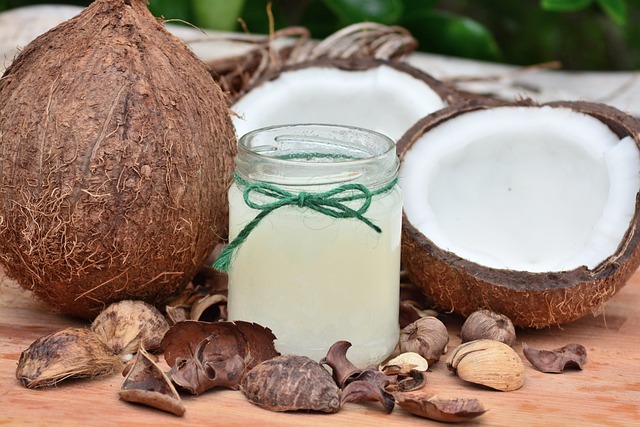Probiotics 101: A Beginner’s Guide to Gut Health
Probiotics are living microorganisms that can provide numerous health benefits when consumed in adequate amounts. These microorganisms usually come in the form of dietary supplements, but can also be found in certain foods.
Types of Probiotics
There are many different types of probiotics, but the most common ones belong to two groups: lactobacillus and bifidobacterium. Different strains of these bacteria can provide different health benefits. For example, lactobacillus acidophilus can help with lactose intolerance, while bifidobacterium lactis may help with diarrhea and constipation.
Health Benefits of Probiotics
Probiotics can help improve gut health by restoring the balance of bacteria in your digestive system. This can lead to a number of health benefits, including:
- Improved digestion
- Reduced inflammation
- Boosted immune system
- Reduced risk of allergies and eczema
- Improved mental health
Additionally, specific strains of probiotics can help address certain health concerns. For example, lactobacillus rhamnosus GG has been shown to help reduce the duration and severity of diarrhea in children.
Probiotic Foods
Probiotics can be found in certain foods, such as:
- Yogurt
- Kefir
- Sauerkraut
- Kombucha
- Miso
However, it’s important to note that not all products that claim to contain probiotics actually do. Make sure to read the labels and look for specific strains of bacteria when choosing probiotic foods.
Choosing a Probiotic Supplement
When choosing a probiotic supplement, it’s important to consider the following:
- Strain: Look for a supplement that contains specific strains of lactobacillus and bifidobacterium that have been shown to provide health benefits.
- CFUs: This stands for colony-forming units and refers to the number of viable bacteria that are present in each dose. Look for a supplement that contains at least 1 billion CFUs.
- Potency: Make sure the supplement has not expired and that the bacteria are still alive and active.
- Storage: Probiotics are sensitive to heat and moisture, so make sure to store them in a cool, dry place.
Conclusion
Probiotics can be a great addition to your diet for improving gut health and overall wellness. Whether you choose to consume them through foods or supplements, be sure to choose high-quality products that contain specific strains of bacteria and adequate CFUs.







